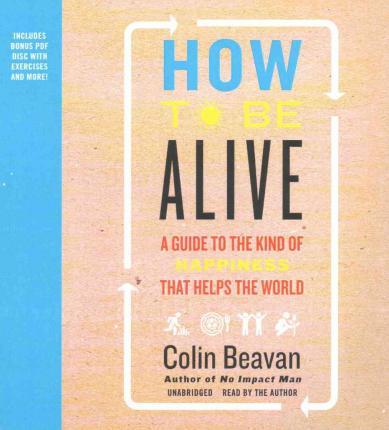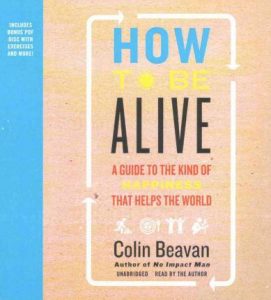Generating kindness currency can happen by focusing on seven character traits, or seven pathways. These steps do not need to be done in any particular order, and what is even greater about them is you can reap the benefits immediately by just implementing one or two; no need to do all of them right out of the gate. As you think about your business model and consider where kindness currency can be spent, you might find that your business is already sufficiently doused in one or two traits while you want to focus on building more equity in other areas. It is a personal plan and is customizable to your business, one that you can hone and reassess quarterly, as you do your financial and incremental goals.
My blogs focus on defining and expanding on each of the seven ROK pathways: compassion, flexibility, patience, positivity, generosity, gratitude, and connection. Are these the same as the previous seven pathways? If so, they are different. Please advise. Additionally, you will read about research and case studies, as well as receive expert advice on how to utilize each of the ROK pathways in one’s business, specifically focusing on how each ROK pathway has an effect on the big five: profit, revenues, customers, connectivity, and prospects.
The Profit of Kindness is not an ideological view of business. It is a strategy that works, and when committed, it will not let your down. It has become my mission to change that centuries-old idea of the “out for herself” human being that for so long has influenced our fundamental view of business and leadership. When I began speaking about the kindness currency and the seven ROK pathways, I was a little nervous. Of course, I was afraid I would be laughed off the podium. But what has struck me is the sincere attention and grateful responses of clients, audiences, colleagues, and peers. They have all clicked with the importance of the characteristics that make us good citizens and have showed eagerness to learn more about the empirical business benefits of going “soft.”
Recently, I picked up the book How to Be Alive: A Guide to the Kind of Happiness that Helps the World by Colin Beavan and was struck by something he wrote:
The world needs entrepreneurs who use business as a tool for increasing happiness. It needs activists who speak with love instead of fear and anger. It needs gardeners and local farmers who care for the land. It needs a whole different kind of bankers and politicians who care more about communities than corporations. It also needs more musicians on the subway platforms and artists on the streets to bring us joy in these difficult times. The world needs so much. It needs all of us.2
This book is about us—all of us, and how we choose to redefine business for all mankind. So let’s get started!



Recent Comments